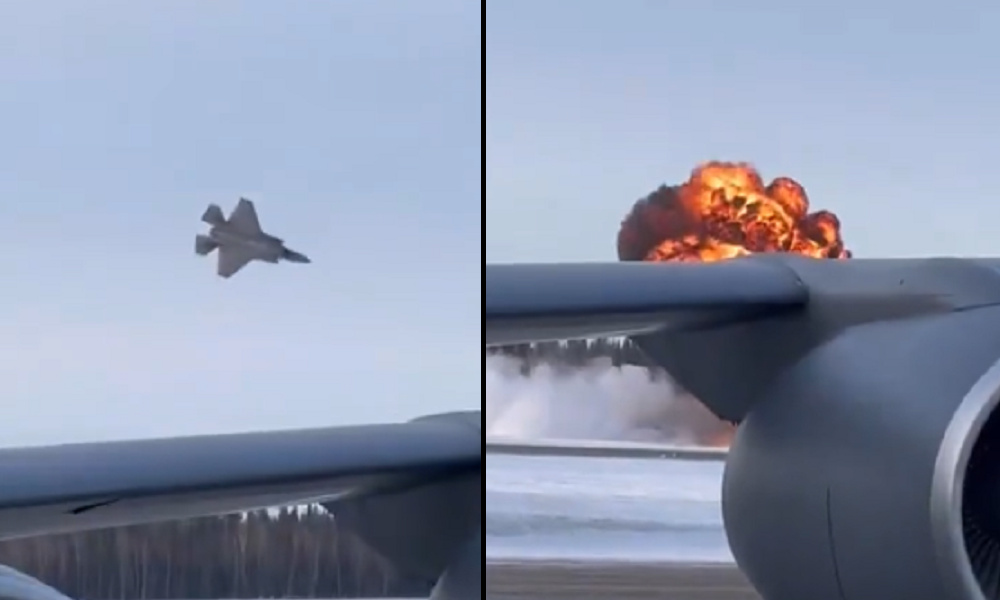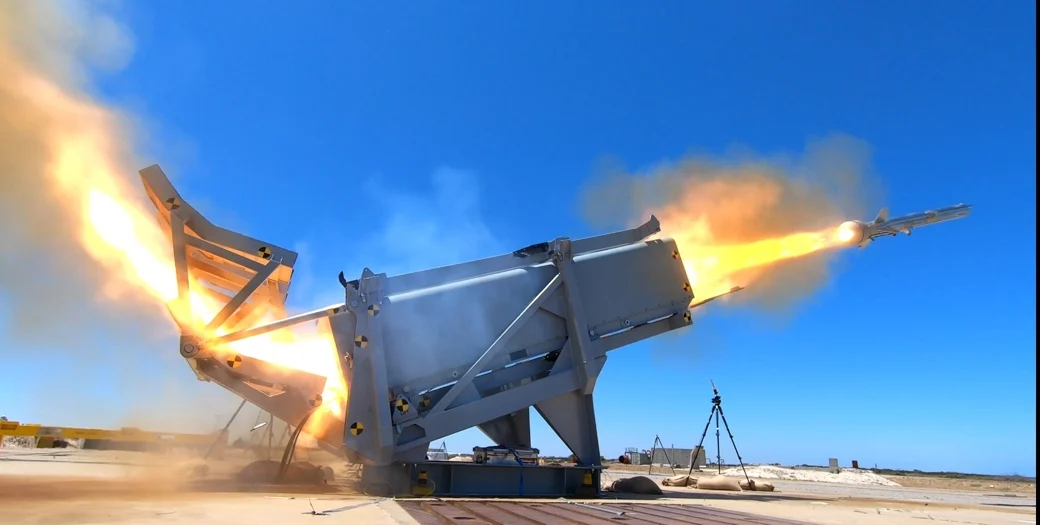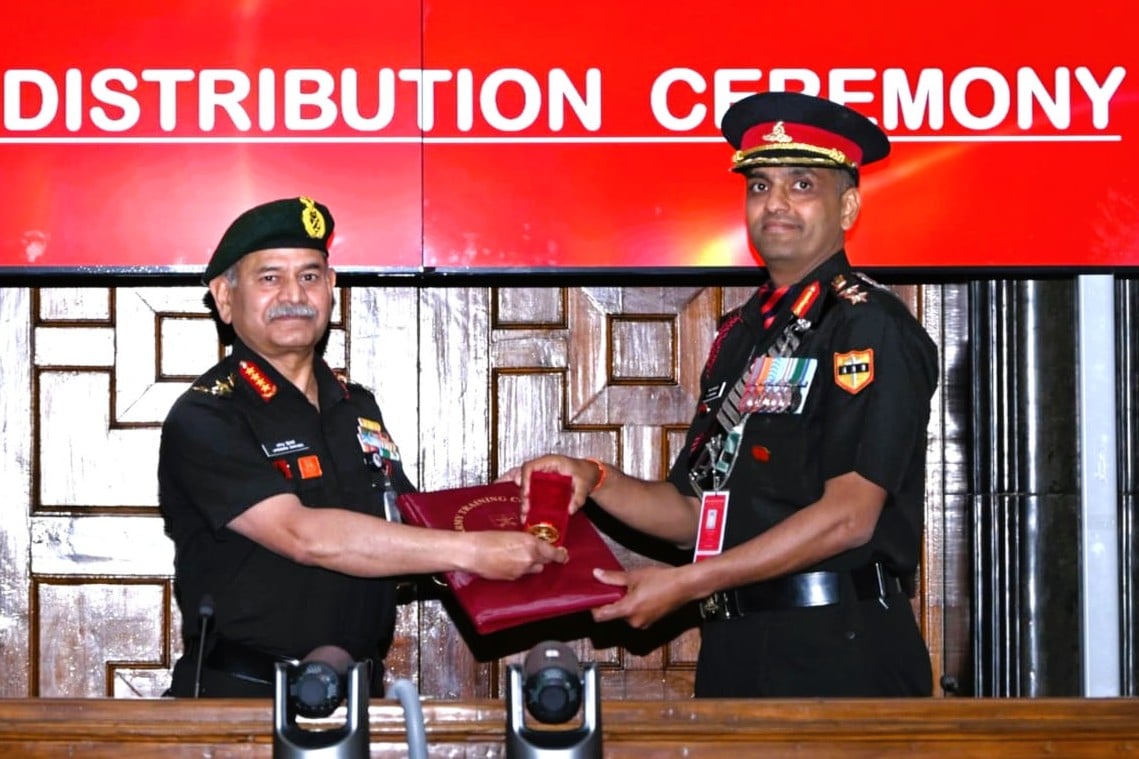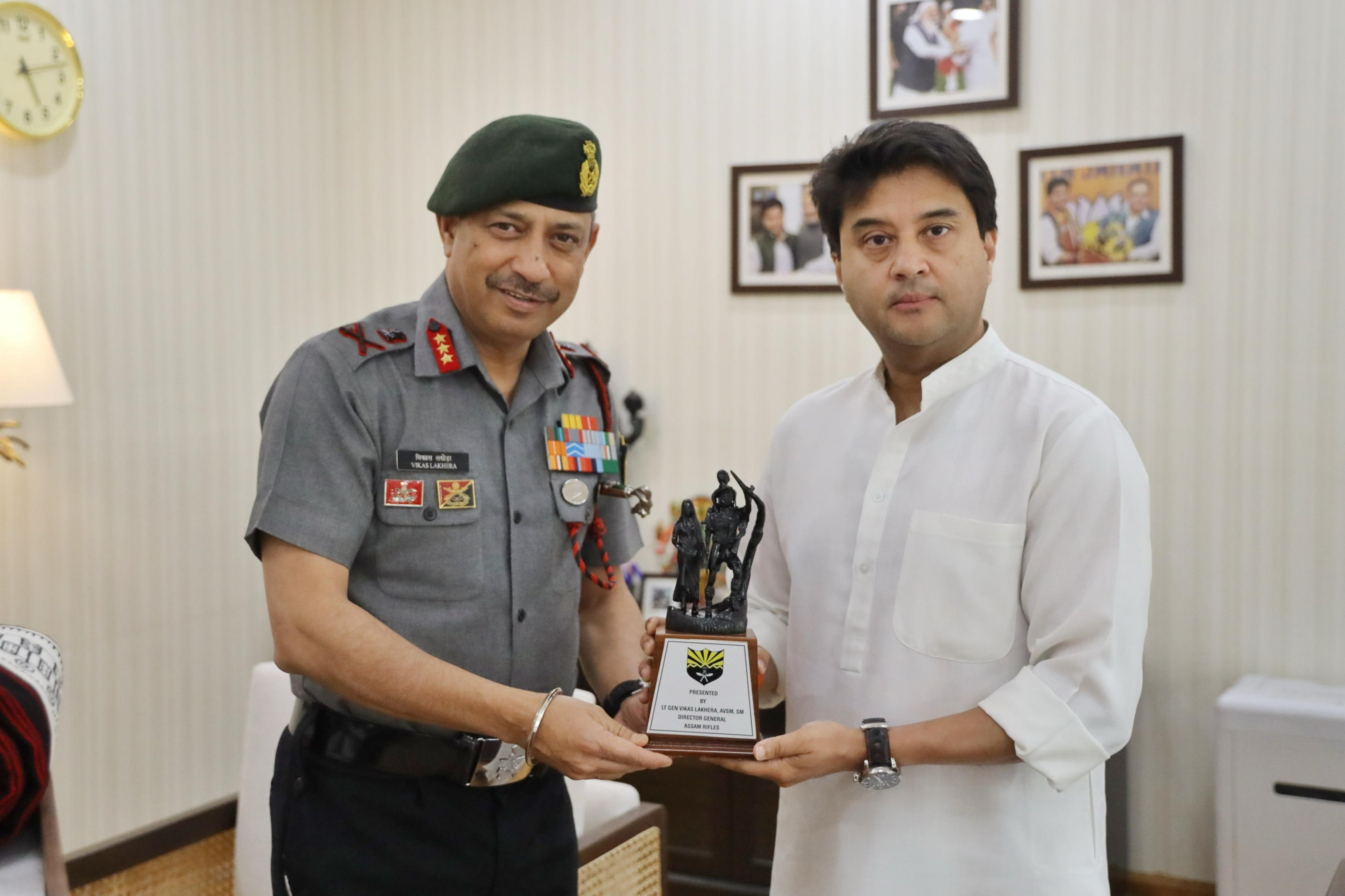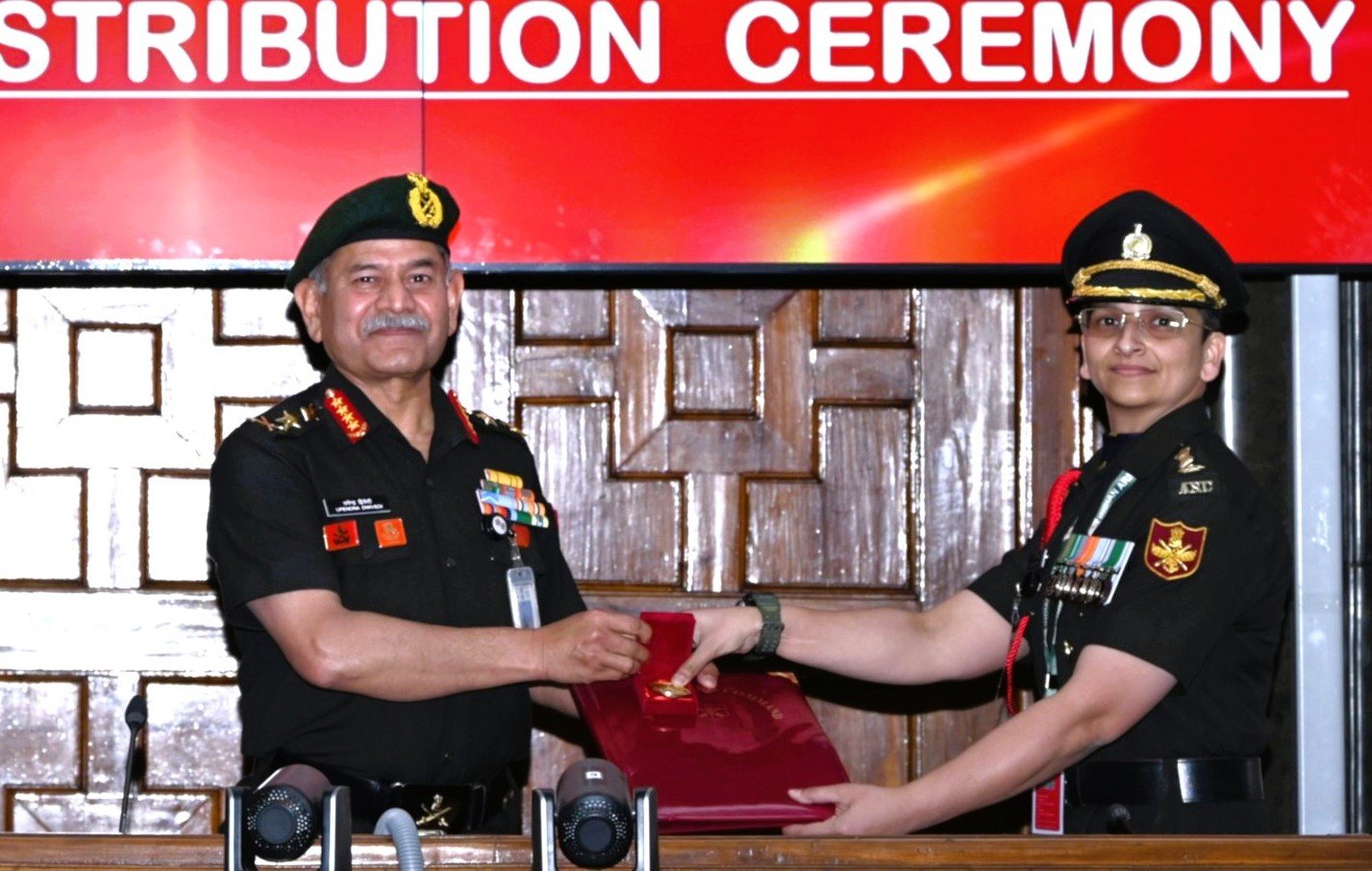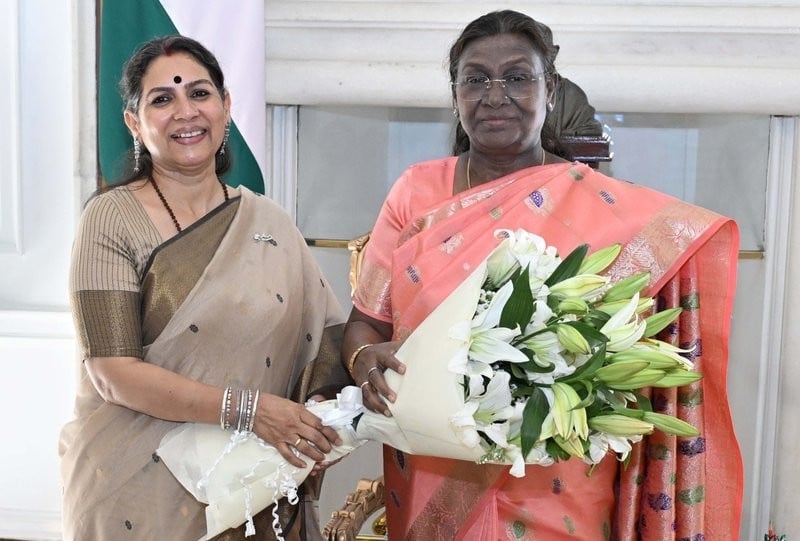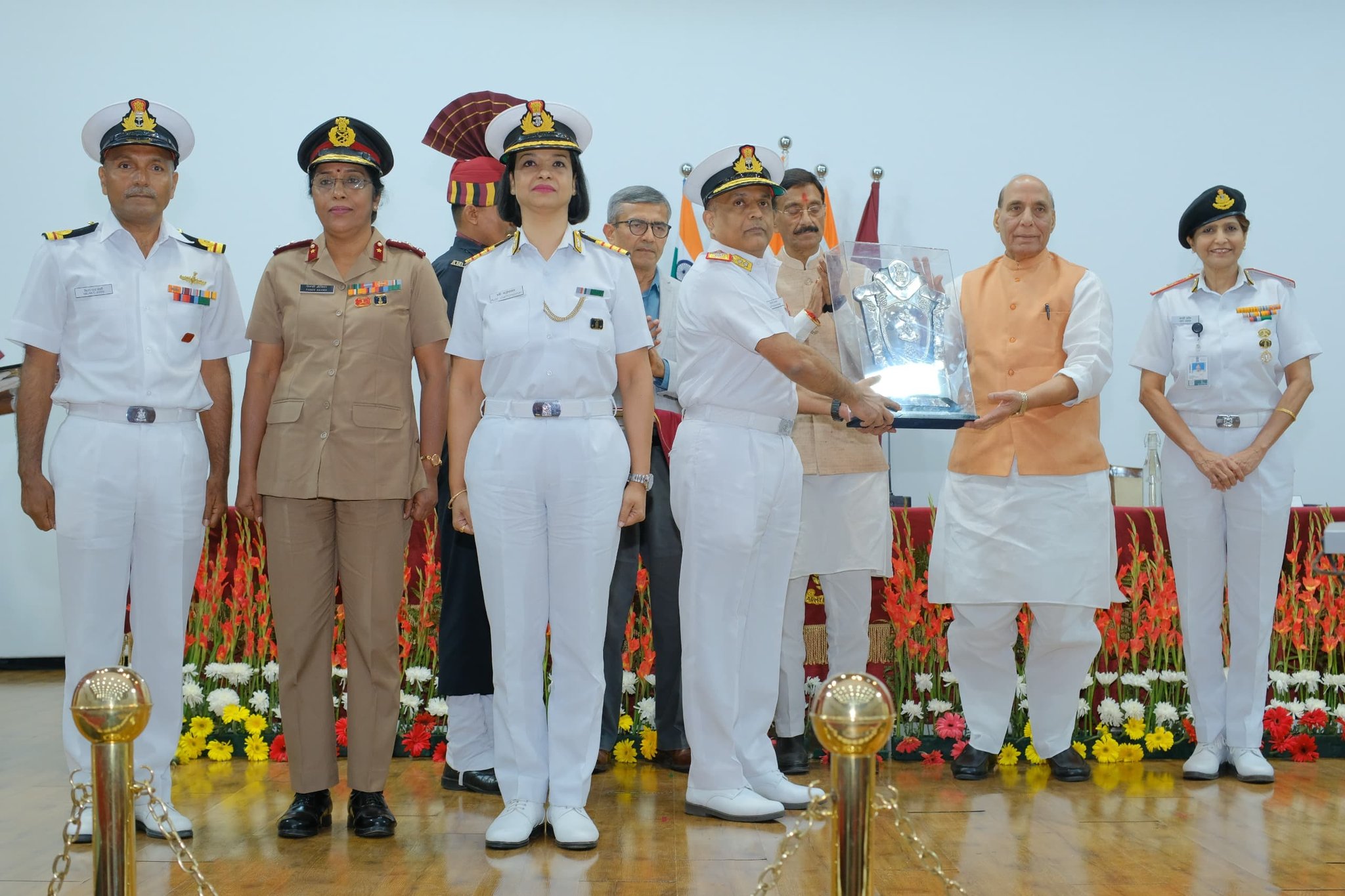In a significant policy shift, the German government has committed to revitalizing its defense industry and enhancing collaboration with European partners, following the impacts of Russia’s invasion of Ukraine. The announcement was made in Berlin on Wednesday, highlighting the urgent need to update Germany’s defense-related industrial strategy, which has remained unchanged since 2020, prior to the geopolitical upheaval.
Defense Minister Boris Pistorius emphasized the importance of having innovative and efficient defense companies within Germany to ensure the country can produce advanced weapon systems domestically and collaborate effectively with allies. “It is crucial for Germany’s defense capability that we have innovative and efficient defense companies in our country,” he stated, underlining the need for sufficient production capabilities in light of current security challenges.
The newly released document, officially titled “Nationale Sicherheits- und Verteidigungsindustriestrategie,” outlines key areas that Germany seeks to retain domestically, such as shipbuilding and artificial intelligence, while also recognizing the value of delegating certain sectors like aviation and small arms to broader European or international frameworks. The strategy promotes multinational procurement and joint development of next-generation weaponry, pointing to a more integrated European defense posture.
For the first time, the policy paper specifies vital national competencies that must remain within Germany, including armored vehicles, communications, sensors, IT services, and electronic warfare capabilities. This focus is intended to safeguard the strategic sovereignty and operational ability of the Federal Republic.
Amid a stagnating economy, there are rising concerns over Germany’s ability to uphold its industrial prominence. The strategy aims to initiate “a new chapter in the relations between the state and industry,” reflecting a fundamental shift in approach since Chancellor Olaf Scholz characterized Ukraine’s invasion as a pivotal moment for Germany and Europe.
One of the strategy’s key objectives is to offer arms manufacturers greater stability through long-term contracts and investment opportunities from the government. Additionally, the document identifies burdensome regulations that need to be streamlined, and proposes measures to strengthen supply chains.
Specific proposals include increased funding for research and development, expedited budgetary processes, and targeted support for defense startups. Furthermore, the government is exploring the feasibility of allowing military and security entities to make advance orders for up to ten years, thereby improving industry planning and predictability.
The defense strategy paper was released amid governmental changes, following the collapse of the ruling coalition and the announcement of early elections set for February. Scholz’s administration has notably reversed its stance on defense policy since the onset of the Ukraine conflict, resulting in a marked increase in defense spending and a more proactive international presence.
This comprehensive approach underscores Germany’s commitment to fortifying its defense capabilities as it navigates a complex geopolitical landscape.



